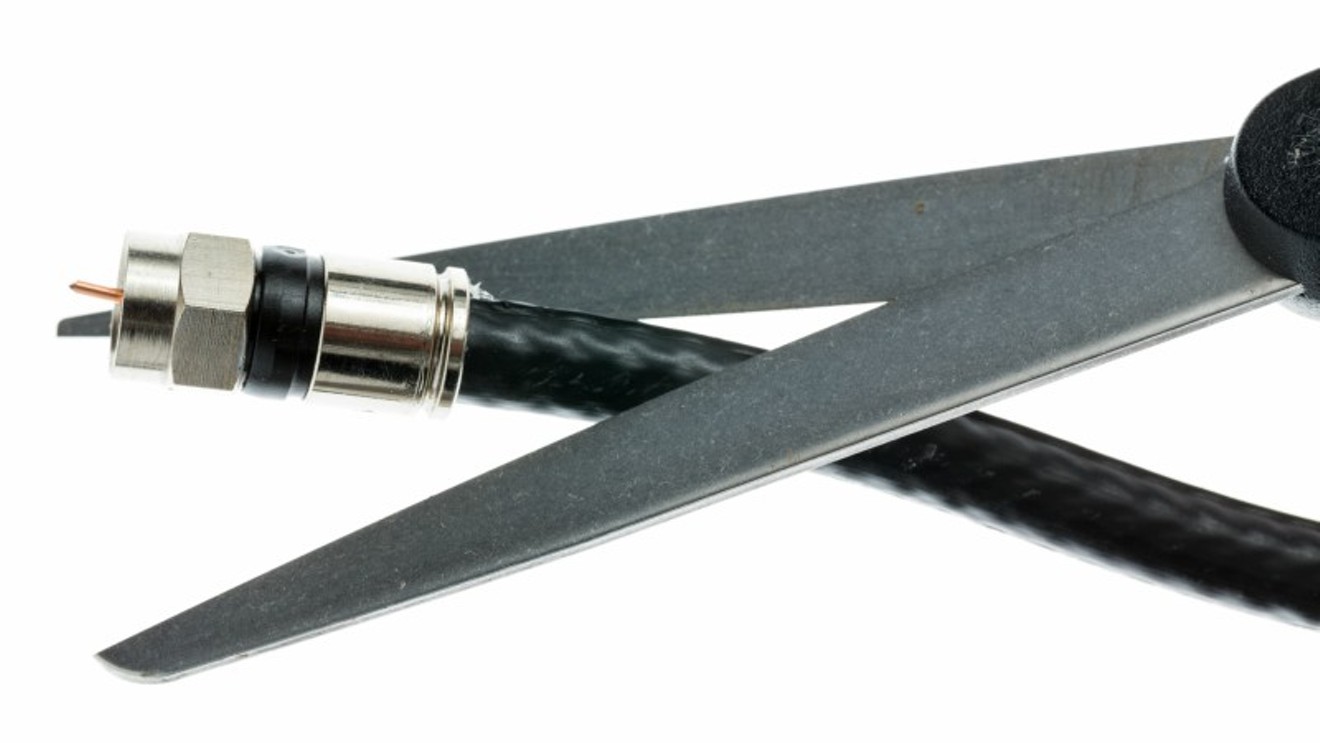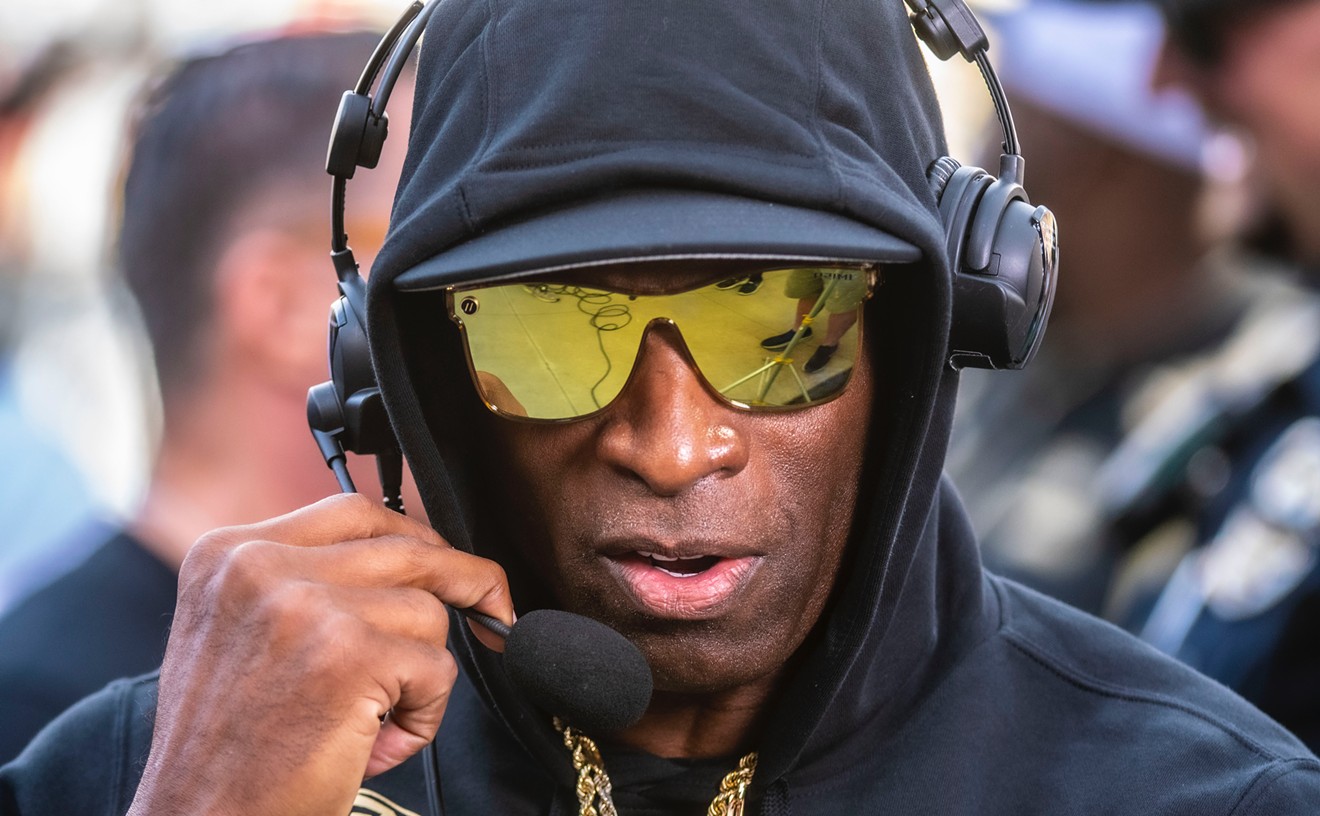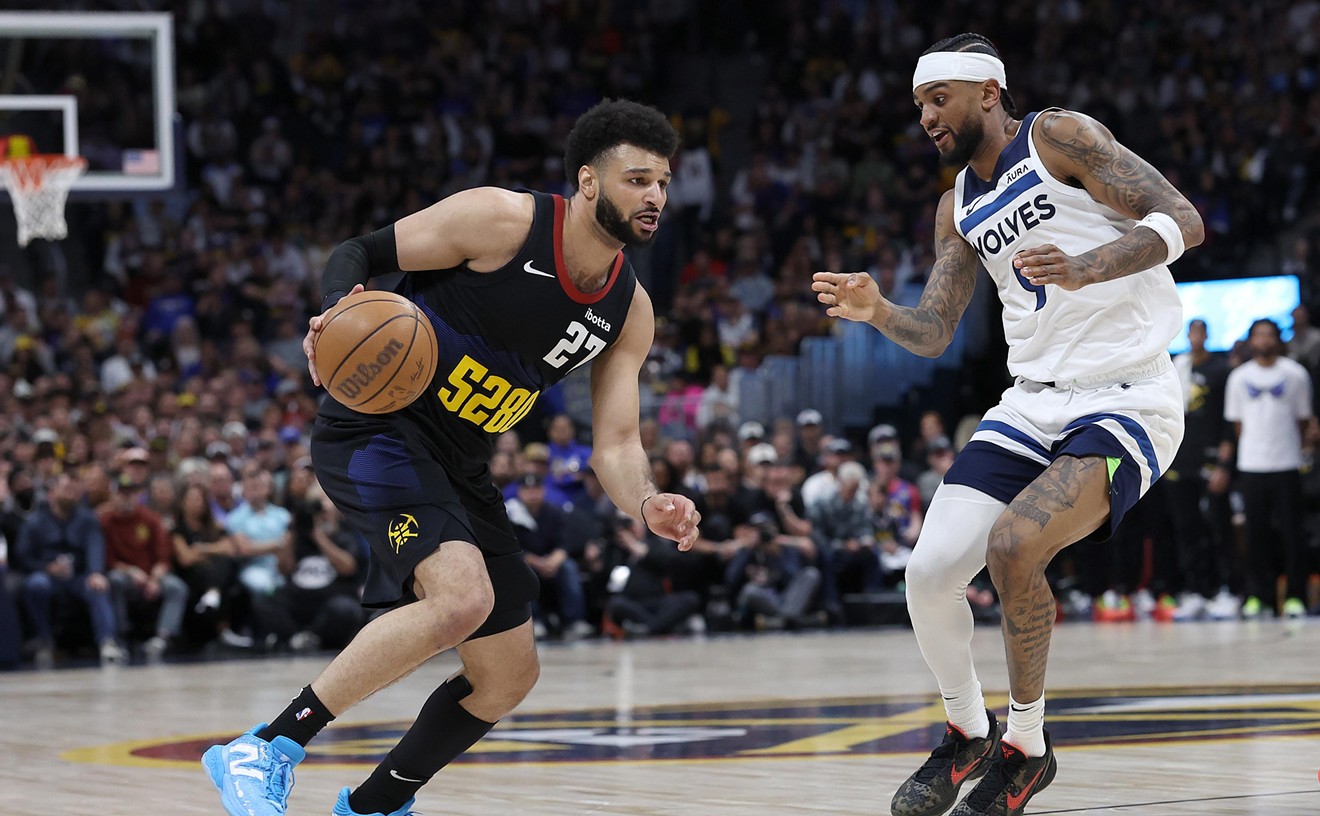But when we asked if executives at the company fear that such an increase will make even more customers "cut the cord" — drop subscriptions in favor of streaming services, as people across the country are doing — Comcast spokesperson Leslie Oliver chose instead to blame the situation on the outlets themselves, as well as sports purveyors such as Altitude TV, with which the firm continues to battle in a dispute that has dragged on for months and shows no signs of resolution.
"Rising programming costs — most notably for broadcast TV and sports — continue to be the biggest factors driving price increases for all content distributors and their customers," Oliver says via email. "While we absorb some of the increased programming costs, they have a significant impact on the cost of our services. We’re giving customers more choices and better value in all of our products including X1, xFi, Stream and now Flex, the only free streaming TV device with voice remote that’s included with broadband service."
As first reported by the Colorado Sun, Comcast will bump up its monthly broadcast TV fee from approximately $8.70 to $13.65, or around $59.40 per year; this amount varies by customers' billing area. Part of the cost will be offset by a decrease in the regional sports network fee for most markets from $8 to $6.75, or $15 annually, owing to the continuing blackout of Altitude, home of the Denver Nuggets and Colorado Avalanche. But the typical Comcast client will still be expected to pony up an extra $44.40 over the course of next year — and nationwide, customers will be paying around 3.6 percent more in 2020.
We reached out to representatives of the major TV network affiliates in Denver to get their take on this development, but if they're worried that they'll lose viewers because of Comcast's move, they're not saying. 9News president and general manager Mark Cornetta declined comment, Fox31 and KWGN vice president and general manager Joan Oliver told us, "This question is better addressed to Comcast," and neither CBS4 GM Walt DeHaven nor Denver7 boss Dean Littleton have gotten back to us yet.

Matt Hutchings, the president of Altitude Sports and an executive with Kroenke Sports & Entertainment, backs the lawsuit against Comcast.
In the meantime, Comcast's broadcast transmission costs are said to have gone up by 1,350 percent since 2010. As of 2018, sports programming costs averaged out to $18.55 per subscriber, more than double the amount in 2009.
Such costs could well reach a tipping point for local cable-TV viewers, if they haven't already. Back in October, Darrin Duber-Smith, a marketing professor and senior lecturer at Metropolitan State University of Denver, described the regional sports TV model as broken in a discussion of the dilemma facing Altitude, which subsequently filed a class-action lawsuit in U.S. District Court accusing Comcast of using monopoly power to drive it out of business.
As Duber-Smith put it, regional sports networks "have been raising their prices without a commensurate rise in viewership over the past ten years. But they haven't been able to raise their ad rates because they don't have enough eyeballs, with customers increasingly cutting the cord. So they have to charge more to carry the product, and that forces everybody who hasn't cut the cord to pay more whether they like the Avs and Nuggets or not. And it's not just them. Disney's been raising ESPN's price, too."
Matt Hutchings, the president of Altitude Sports and an executive with Kroenke Sports & Entertainment, who backs the lawsuit, denies that Altitude TV has brought such problems on itself. In an October interview with Westword, he said that while he can't answer for Comcast, "we sit around and wonder why they're doing what they're doing. Every other regional sports network operates this way. We asked for a very fair and very equitable extension by terms and conditions, and we've come back multiple times trying to get a deal done. But they just won't accept it."
Comcast customers may soon reach a similar conclusion.












